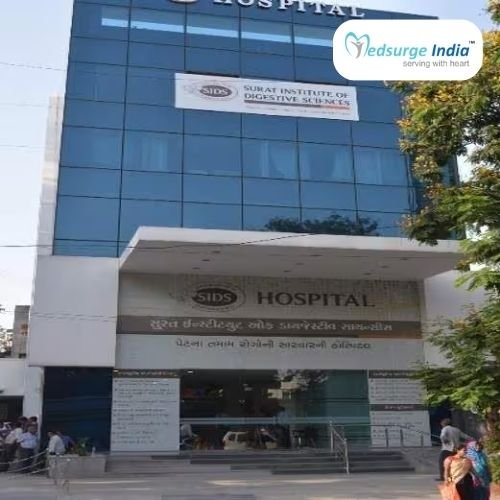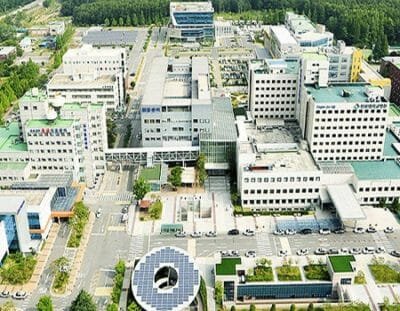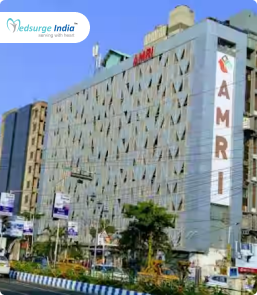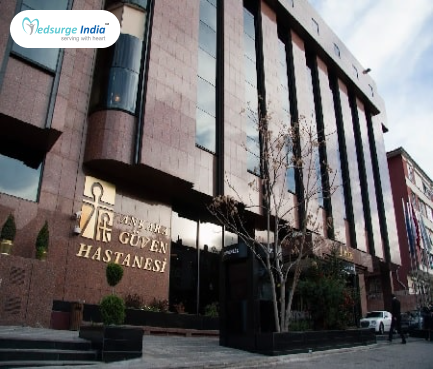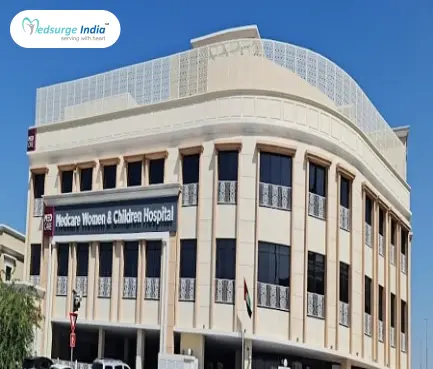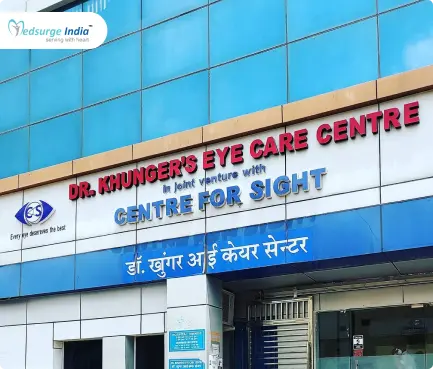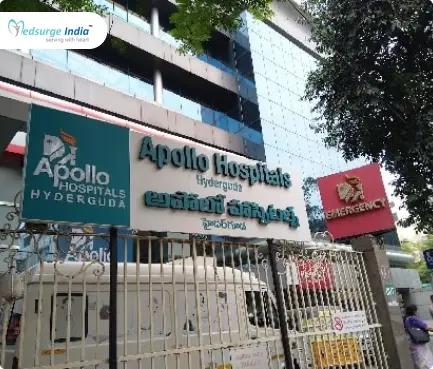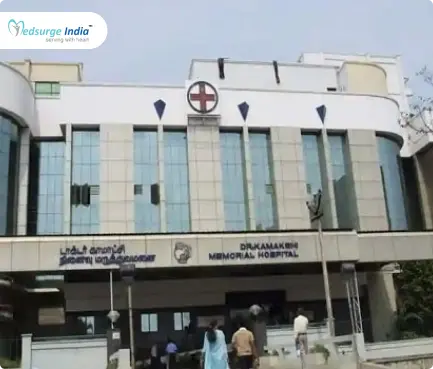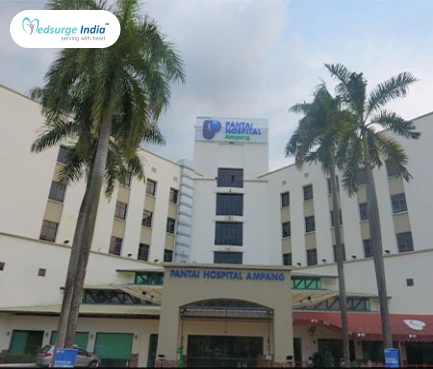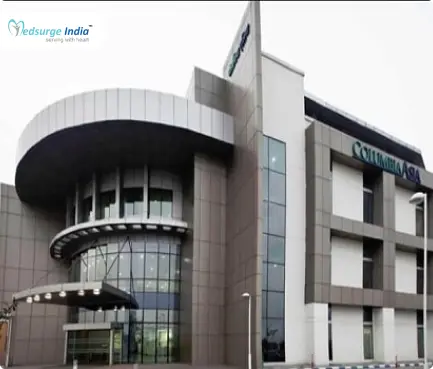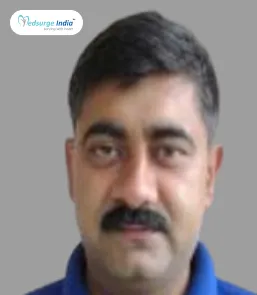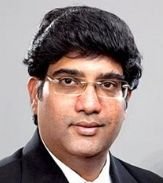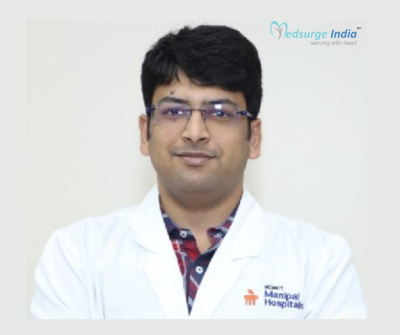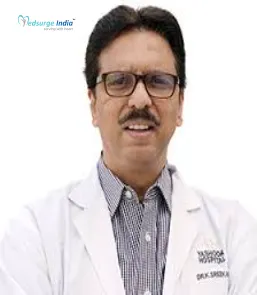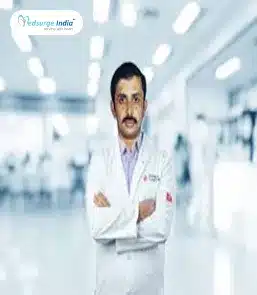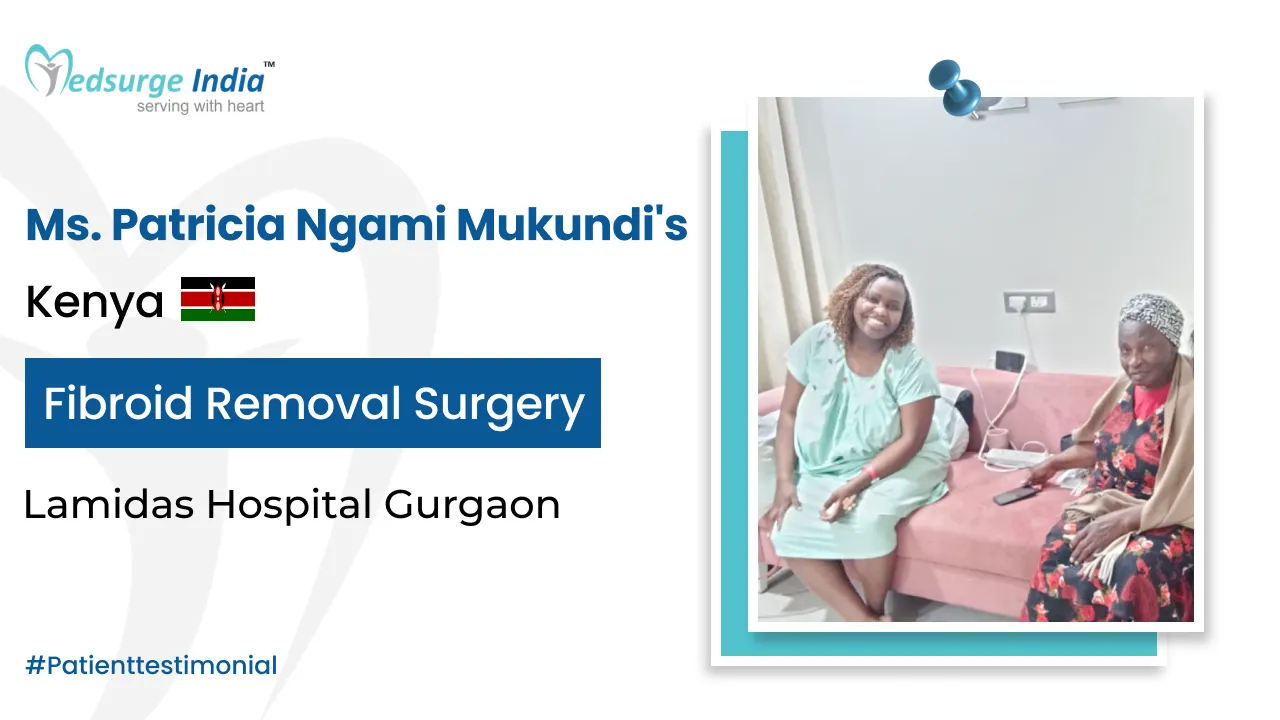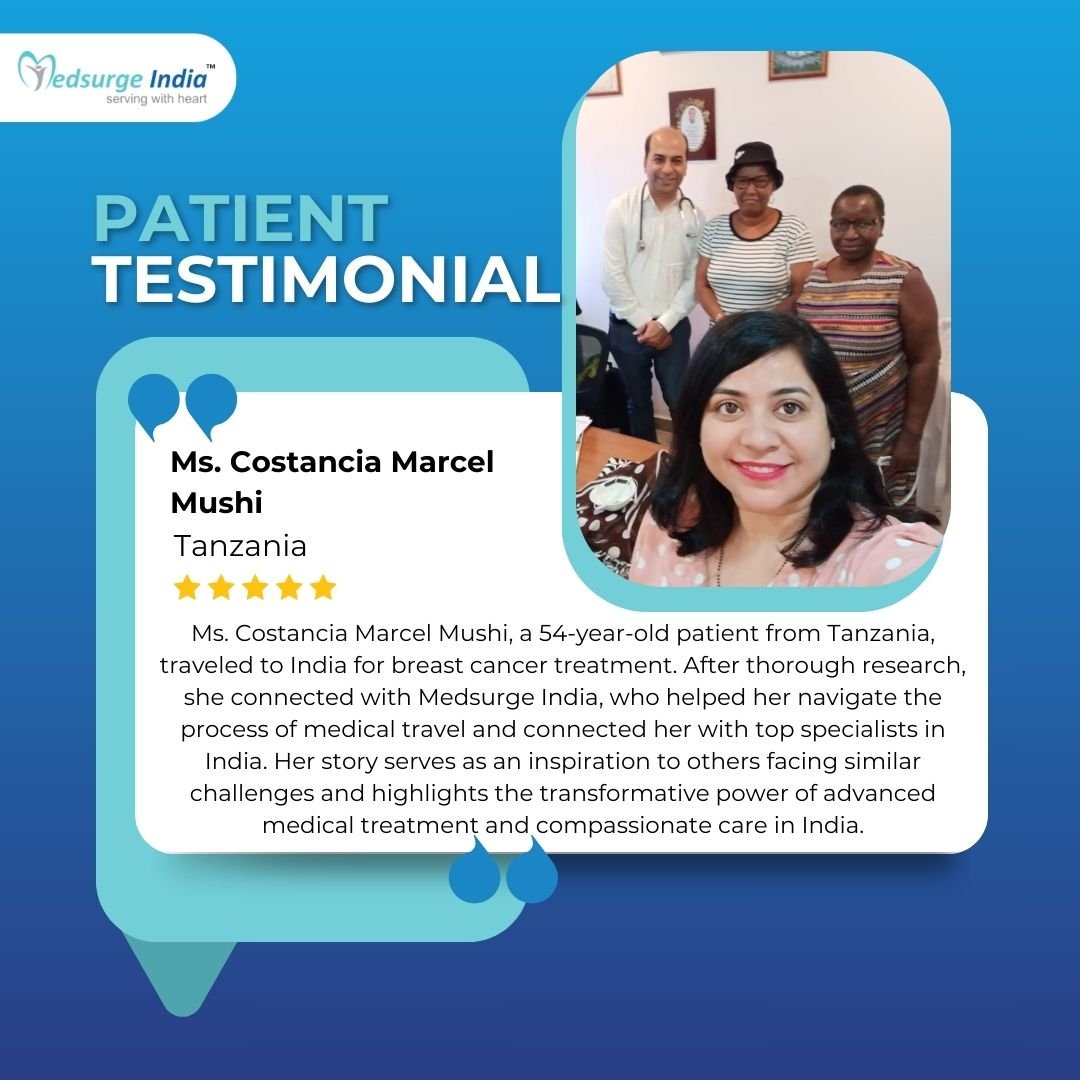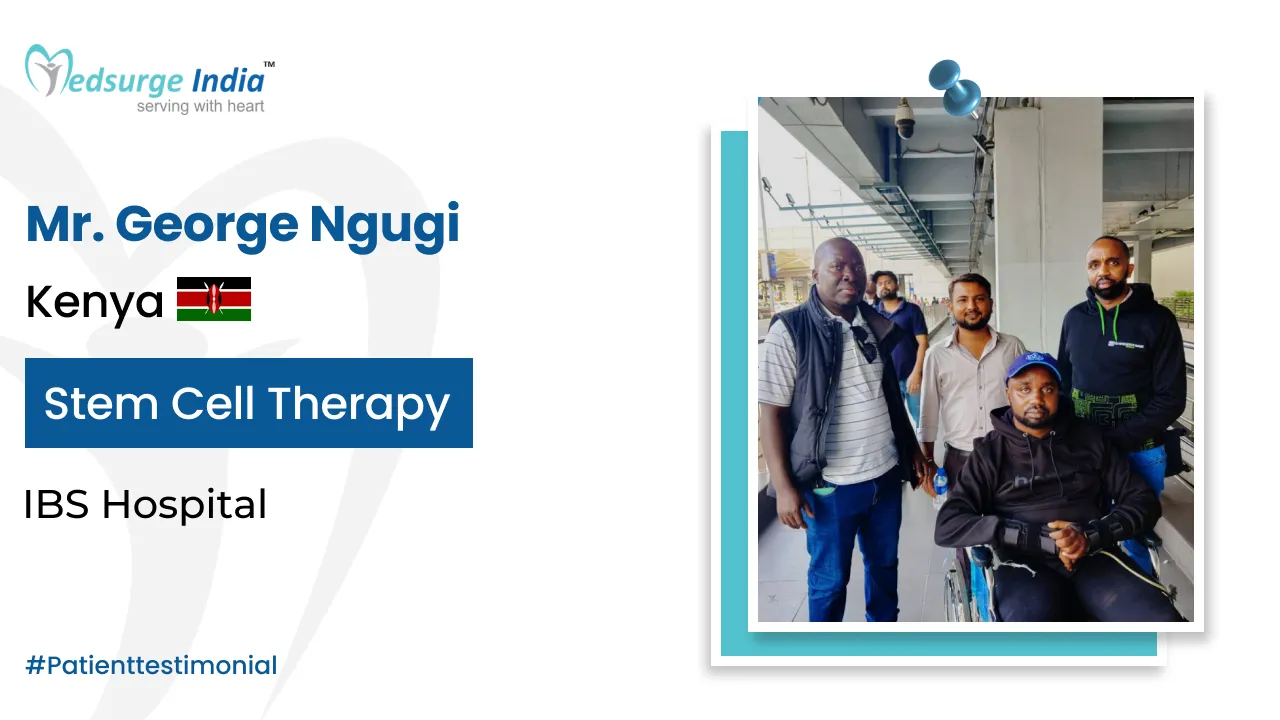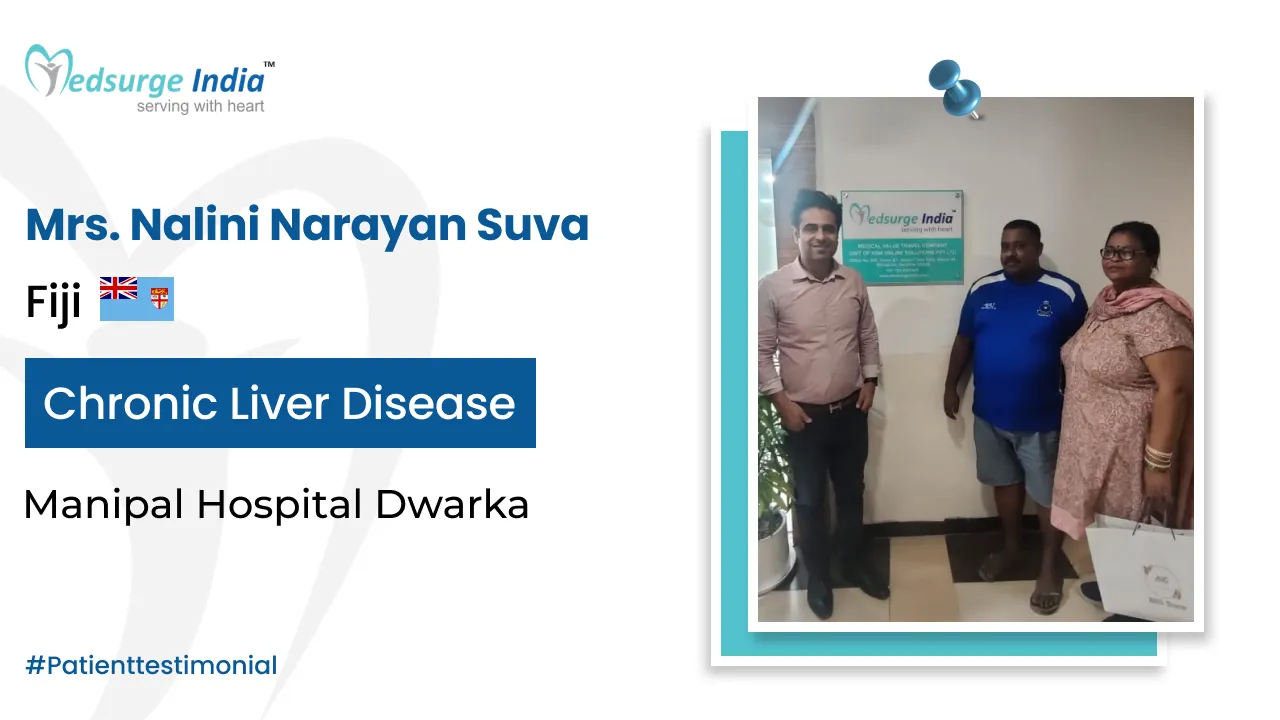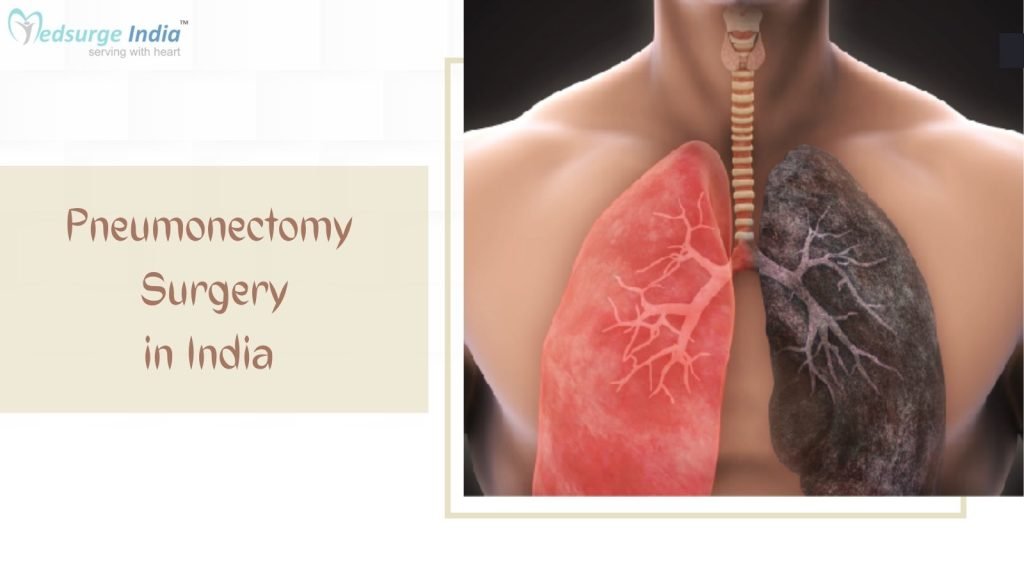
You have both a right lung and a left lung. These lungs are linked to your mouth via a series of tubes. The lungs use these tubes to bring oxygen into the body and expel carbon dioxide. Every function in your body requires oxygen. The body produces waste products, including carbon dioxide, which must be expelled. Most people can survive with one lung instead of two if necessary. Unless the other lung is destroyed, one lung is usually capable of producing enough oxygen and eliminating enough carbon dioxide. Before beginning the surgery plan, Pneumonectomy Surgery in India starts with a physical examination that aids in the analysis of all symptoms. A cut or incision is made by the surgeon on the side of your body. The surgeon spreads the ribs apart by severing some muscle. The damaged lung is surgically removed by the surgeon. Air is pumped into the pleural area, which previously housed the lung. This air is eventually replaced by liquids.
When compared to other wealthy countries, pneumonectomy surgery cost in India is fairly reasonable. The success is due to both skilled surgeons and the advanced medical technologies used within Indian hospitals. Along with these advantages, India’s low cost without lowering clinical standards contributes significantly to its global popularity.
What is Pneumonectomy?
Lung removal is known as a pneumonectomy. Your chest cavity contains two sizable organs called the lungs. Your blood receives oxygen after being filtered by your lungs. The lungs also shield us from any dangerous elements in the air we may breathe. The mucus is produced by the lungs and serves as a barrier against pollutants, bacteria, and viruses as well as smoke. The body subsequently releases this mucus through coughing and/or swallowing.
Pneumonectomy is used to treat cases like:
- Congenital lung disease
- Lung cancer.
- Malignant mesothelioma.
- Bronchial obstruction.
- Traumatic injury.
- Disseminated thymomas.
- Lung infections, such as tuberculosis (TB).
Why India is a Top Destination For Pneumonectomy Surgery?
The outstanding successes of India in medical tourism over the last few years demonstrate how far the country’s healthcare sector has progressed. Healthcare is one of the industries that has contributed the most revenue and is growing rapidly. Both the government and the private sector contribute to the healthcare sector. Pneumonectomy is frequently used in Indian thoracic surgical surgery for the major side effects of benign lung disease. In a developing nation like India where tuberculosis sequelae are still widespread and the incidence of lung cancer is on the rise, pneumonectomy is a crucial technique in the toolbox of the thoracic surgeon dealing with both neoplastic and non-neoplastic disorders of the lung. There are numerous reasons for pneumonectomy. The operational methods are uniform. Given the significant morbidity associated with pneumonectomy, determining the risk-benefit ratio is crucial.
In India, pneumonectomy surgery has reduced the likelihood of cancer and other trauma recurrence while increasing survival rates. India has access to cutting-edge medical technology as well as highly qualified medical personnel. The US Food and Drug Administration and the World Health Organization both support medical facilities and services (WHO). Furthermore, India provides more affordable treatment options than the United States and the United Kingdom without sacrificing healthcare quality. In comparison to the United States, India spends roughly one-fourth less on therapy.
India has an advantage over other countries in terms of medical tourism because of the following:
- The majority of the medical professionals working in Indian hospitals have received their training at medical centers in the US, Europe, or other affluent countries.
- The majority of medical professionals speak English well.
- Many hospitals in India have access to cutting-edge medical and diagnostic technology from large international enterprises.
- The best nurses in the world come from India. Nearly 10,000 nurses are graduated each year from India’s nearly 1000 accredited nurse training programs, the majority of which are affiliated with teaching hospitals.
- Even the most frugal traveler can afford premium services and opulent facilities.
Get Free Cost Estimation
Procedure
What is Done During a Pneumonectomy Procedure?
A thoracotomy, which includes making an incision in the chest wall, is usually used to perform a pneumonectomy. The surgeon can access the lung through the incision and, if necessary, remove it along with some adjacent tissues and structures.
The two primary varieties of pneumonectomy used to treat non-small cell lung cancer are:
- Traditional pneumonectomy: Complete removal of one lung.
- Extrapleural pneumonectomy: The removal of the entire lung, the diaphragm in part, the pericardium, the sac that covers the heart, and the membrane that lines the inside of the chest (pleura).
- Completion pneumonectomy: This is a sort of surgical surgery used to remove a lung that had previously been removed in part by another surgical treatment.
It is crucial to seek treatment at a high-volume cancer center because a pneumonectomy is a technically challenging procedure. Indian thoracic surgical oncologists have a solid awareness of the special difficulties associated with extensive lung cancer surgery due to their significant expertise. By doing a sleeve lobectomy, which removes fewer lungs than a pneumonectomy, we are sometimes able to preserve one of the lung lobes. In order to ensure that patients have the best recovery and quality of life possible, a team of supportive care experts is available to you at all times during the healing process.
What is the Cost of Pneumonectomy Surgery in India?
India has extremely reduced treatment expenses as compared to other nations. Additionally, the level of medical care and services offered there is on par with those of the greatest hospitals in the world. Even after excluding the fees of travel, housing, and food, Pneumonectomy Surgery in Cost India starts from USD 4400.
The entire cost of Pneumonectomy Surgery in India can vary depending on a number of criteria, such as
- The price of treatment packages can depend on the hospital’s preference.
- Doctor’s competence and experience in the subject.
- The patient’s situation: The patient’s disease and whether additional modalities are required for comprehensive treatment.
- Duration of hospitalization and stay in the country.
- Need for post-operative care.
- Hospital room classification.
How to Choose a Hospital in India for Pneumonectomy Surgery?
Pneumonectomy Surgery in Indian Hospitals are well-known for their patient care and hospitality. These hospitals house some of India’s top surgeons and oncologists, who are experts in their fields. Choosing a good hospital for treatment may be difficult for an international patient. It is a critical decision that must be made while keeping several factors in mind, such as:
- Quality certificates and accreditations
- Hospital and transportation facility location
- Team of doctors and surgeons
- Advanced diagnostic and therapeutic equipment
- International patient assistance
How can Medsurge India Help?
Medsurge India is a prestigious support system for patients looking for doctors, hospitals, and specialized treatments. We’ll find the most suitable medical options for you. Regarding your medical issues, our team will give you a list of certified, reputable, and trusted doctors and hospitals. Additionally, we offer a treatment strategy that fits your budget. Apart, we assist patients with obtaining travel authorizations, medical visas, and a multitude of other things
The Most Important Frequently Asked Questions
Q: How long does it take to perform a pneumonectomy?
A: Pneumonectomy is the surgical removal of one lung, along with the surrounding lymph glands. Because of the size or location of the tumour, it may be necessary to remove the entire lung rather than just one lobe. Open surgery is performed under general anaesthesia (thoracotomy). Typically, the surgery takes between one and three hours.
Q: What happens following a pneumonectomy?
A: The following are the most common complications following a pneumonectomy: One of the most common complications following pneumonectomy is cardiac arrhythmia. The most common is atrial fibrillation/flutter, which usually occurs within three days of surgery.
Q: Is a chest tube required after a pneumonectomy?
A: Unlike most other types of thoracic surgery, a chest tube is not inserted after pneumonectomy, and thus the air is not evacuated.
Q: How long do you stay in the hospital following a pneumonectomy?
A: You’ll most likely need to stay in the hospital for several days to recover after a pneumonectomy—typically five to seven days. Your medical team instals tubes, also known as drains, to drain excess fluid and air from your chest.
Q: Do you go to the intensive care unit after having lung surgery?
A: Following either surgery, you may be admitted to the intensive care unit (ICU). You will be asked to sit on the side of the bed and walk as soon as possible after surgery during your hospital stay. Have a tube or tubes coming out of your chest to drain fluids and air.
Top Hospitals for Pneumonectomy Surgery in India
Top Doctors for Oncology and Oncosurgery
Dr. Anoop P
Senior Consultant
Experience: 16 years of experience
Apollo Hospital (Bannerghatta Road) Bangalore
Bangalore, India
Dr. Sanjay Dudhat
Head of Department , MS, MBBS
Experience: 27 years of experience Mumbai , India
Nanavati Super Specialty Hospital, Mumbai
Mumbai, India
Dr. Arun Kumar Giri
Consultant
Experience: 19 years of experience
Venkateshwar Hospital, New Delhi
New Delhi, India
Dr. Ramesh Maturi
Senior Consultant , MBBS, MS, FRCS
Experience: 20 years of experience
Continental Hospitals, Hyderabad
Hyderabad, India
Dr. Praveen K. Dadireddy
Consultant , MBBS
Experience: 18 years of experience
Continental Hospitals, Hyderabad
Hyderabad, India
Dr. Ashish B. Agrawal
Consultant
Experience: 15 years of experience
Kiran Multi Super Speciality Hospital & Research Center
Surat, India
Dr. Surender Kumar Dabas
Head of Department
Experience: 20 years of experience
BLK Super Speciality Hospital, New Delhi
New Delhi, India
Dr. Sewanti Limaye
Consultant , MBBS, MD, MS, Fellowship
Experience: 17 years of experience
Sir H. N. Reliance Foundation Hospital and Research Centre
Mumbai India
Dr. Vijay Haribhakti
Consultant
Experience: 31 years of experience
Sir HN Reliance Foundation Hospital
Mumbai, India
Dr. Anil Heroor
Head of Department
Experience: 21 years of experience
Fortis Hospital, Mulund, Mumbai
Mumbai, India
Dr. Runu Sharma
Experience: 15+ years of experience
Max Super Speciality Hospital Dehradun
Dehradun, India
Dr. Naresh Jadhav
Senior Consultant
Experience: 12+ years of experience
Narayana Superspeciality Hospital, Amingaon, Guwahati
Guwahati, India
Dr. Rudresha AH
Consultant
Experience: 16 years of experience
Manipal North Side Hospital, Malleshwaram, Bengaluru
Bangalore, India

